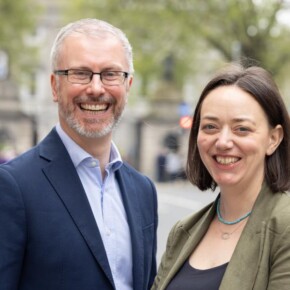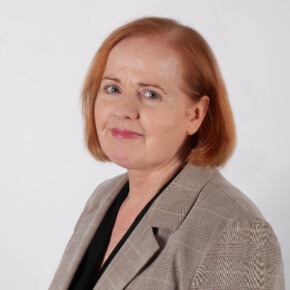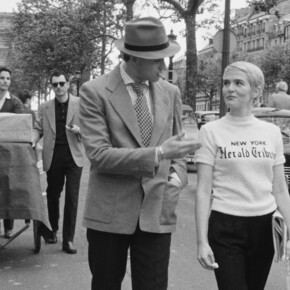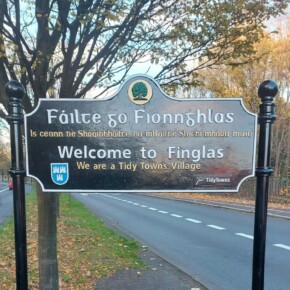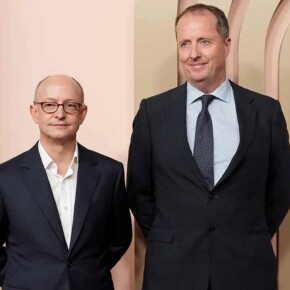SDCC votes to cut LPT for remainder of council term
Mike Finnerty 23 Jul 2025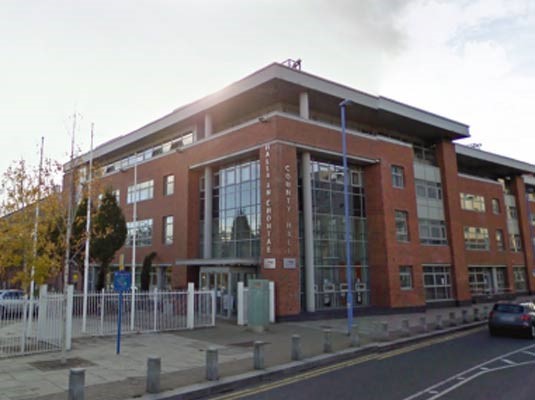
South Dublin County Council members have voted to reduce the Local Property Tax to 7.5%.
The decrease marks a change from last year’s decision to cut the rate by the full 15%.
Independent councillor Mick Duff proposed that the rate be set at 7.5% for the lifetime of the council.
Duff said the 7.5% cut gives South Dublin County Council financial certainty for the remainder of the council’s term, up until the next set of local elections in 2029.
Duff’s motion had the backing of Fianna Fáil, Fine Gael, Labour, Social Democrats and select independent councillors on South Dublin County Council.
Sinn Féin, People Before Profit and various independents voted for the full 15% reduction.
Sinn Féin councillor Louise Dunne said that while South Dublin County Council is in a good financial state, the same can’t be said for the general public.
“We are in the middle of a cost-of-living crisis, and I can’t support anything that will further punish families.”
The Tallaght South councillor, along with fellow Sinn Fein councillors, pushed for the full 15% reduction.
Dunne asserted that the Local Property Tax disproportionately hurt lower-to-middle income earners, and older residents who are “asset-rich but income poor.”
She noted that the Local Property Tax was introduced in 2013 as an austerity-era measure, noting it was supposed to be “temporary” and is still being collected into 2025.
Dunne’s Sinn Féin colleague William Carey said that there is “not much difference” between people who avail of social housing and people paying a mortgage in the context of the cost of living crisis, and for that reason, any form of tax cut would be welcomed among south Dublin residents.
Independent councillor Ronan McMahon argued that the government “still takes the lion’s share” of revenue collected as a result of the LPT.
The Rathfarnham-Templeogue councillor noted, “if 100% of the LPT was left to South Dublin County Council to decide upon how it’s spent, I might consider supporting it, but it’s an unfair tax.”
McMahon said the tax is “unfair” as it does not take into account people’s ability to pay.
“There is an important cohort of residents who have contributed to the economy and society over their lifetime, and we need to look after them,” he said.
Independent councillor Madeleine Johannson dubbed it “an austerity tax” to pay for the bank bailout.
“The property tax is not a tax on wealth; it’s a tax on ordinary people,” she claimed.
People Before Profit councillor Darragh Adelaide said “any sort of reduction is helpful,” in relation to the LPT.
“Property values have increased far above what they were five years ago,” the Clondalkin councillor noted, and that the LPT only pays for a small fraction of the council’s budget.
“Increasing the LPT by 15% wouldn’t put a dent in that (the budget), he told the meeting, and said that increasing commercial rates was the way forward.
The comments from Sinn Féin and other left-wing councillors reveal a difference of opinion on the Irish left about a major issue such as taxation, a topic that, in theory, the various shades of the Irish left should agree on.
Social Democrats councillor Justin Sinnott said, “7.5% is a good compromise because it’s still a cut,” but said the LPT is in place for a reason, and didn’t agree with the charges from other parties of the left that it should be cut in full.
“We, as councillors, ask for investment in stuff that isn’t glamorous; it’s the roads, it’s footpaths, it’s parks. It’s all that public realm stuff that our constituents look for.”
The Rathfarnham-Tempelogue councillor said that having a reliable income source is important for South Dublin County Council, especially in the context of inflation.
“We are losing money by not investing in local services now; the wider debate about property tax brings home the fact that we’re never going to see any proper local government reform,” he noted.
“When we are given the chance to look at additional funding, local councils will cut it as they can at the first opportunity.”
Sinnott’s Soc Dem colleague, councillor Eoin Ó Broin, said he would vote to increase the LPT by a full 15% if he were part of a party which had a council majority.
“The compromise is much better than the one euro a week that people would save with a 15% reduction; people are talking about a cost-of-living crisis, if we took in more money from property taxes, perhaps we could fund childcare,” he mused.
Labour councillor Joanna Tuffy remarked “90% of the country’s wealth is held in property; this is a wealth tax. It would be unheard of for left-wing parties in other countries to argue against a property tax,” she said in criticism of Sinn Féin and People Before Profit’s criticism of the tax.
On the government party side, Fine Gael’s David McManus said that “we need to broaden the context here; the highest property tax in Ireland isn’t in Ballsbridge or Dublin 4, the highest property taxes, relative in property values, are seen in the North of Ireland where Sinn Féin are in coalitions in Westminister and in councils.”
McManus quoted First Minister Michelle O’Neill, who stated last year, “a 4% increase in property tax was very responsible and very reasonable in terms of the inflationary pressures we have.”
“Mayor, we have the same inflammatory pressures here in the 26 counties facing our local authorities, and I think people will appreciate honesty instead of double standards.”
McManus said, “the reality is the books have to be balanced.”
Independent councillor Alan Hayes went for a rhetorical approach, asking the chamber, “who willingly wants to pay more tax? Very few people I know will put their hand up and say they want to pay more.”
“The core role we have here as councillors is ensuring a democratic oversight of the work that happens within the council; if we take that as acting as a committee or a board of the council (which we are), we have to make sure the council can meet its obligations.”
The Palmerstown-Fonthill councillor said that a common refrain he hears while speaking to constituents is that they aren’t willing to pay more tax in principle, but would pay more tax if it meant it translates to local improvements.
Hayes noted that the local property tax equates to less than the price of a coffee each month.
In any event, and after a significant chunk of the monthly meeting was dedicated to the topic, the vote passed by 25 votes to 14.


